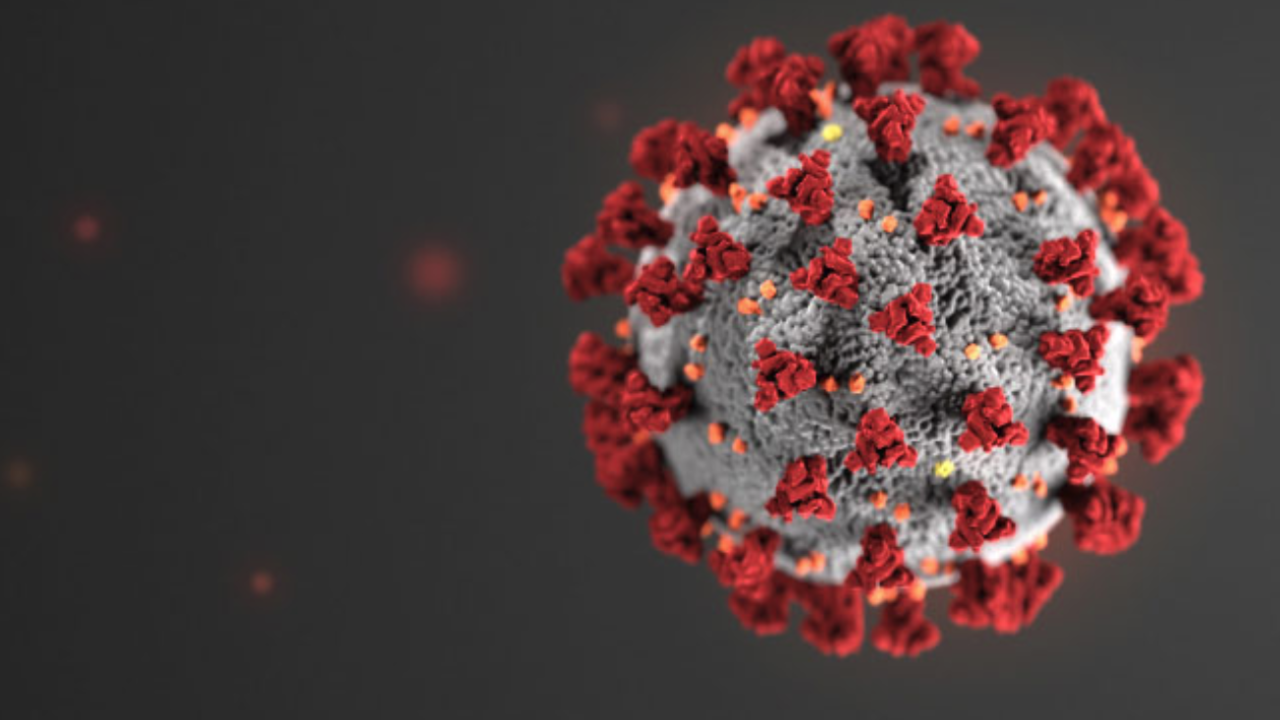A study published on the Centers for Disease Control and Prevention's (CDC) website may serve as a blueprint — or a caution — as restaurants prepare to reopen amid the coronavirus pandemic.
The study, which was authored by researchers with the Guangzhou Center for Disease Control and Prevention in China, suggests that an air conditioning unit at a restaurant in China may have contributed to as many as eight other people being infected with the coronavirus in January.
On Jan. 24, three families sat at separate tables at a windowless restaurant in Guangzhou, China — a city in the southeast corner of the country. The tables were next to each other — all nine people in the study sat within the same 20-foot span. An air conditioning unit stationed above a table next to a wall was blowing air toward the other two tables, and an exhaust fan on the opposite wall was blowing air back.
The day before, one person at the middle table had traveled about 600 miles from Wuhan — the epicenter of the pandemic — to Guangzhou. Though that person had the coronavirus at the time, they didn't know it because they were still asymptomatic.
Ultimately, all nine people at the three tables contracted the coronavirus. Through contact tracing, researchers determined that the person who had traveled to Wuhan was the only person that could have passed the virus on to the people at the other two tables.
Usually, large aerosol droplets that carry the coronavirus can't travel longer than about three feet — meaning the families at nearby tables should have been safe from contracting the virus. However, the study determined that "strong airflow from the air conditioner" may have sent those droplets between tables, infecting the other customers.

Researchers also determined that no one else in the restaurant at the time contracted the virus. That further proved the researchers' theory that the unit was blowing droplets from the infected patient to others sitting near the AC.
Researchers did note some limitations to their study — they noted that they "did not conduct an experimental study simulating the airborne transmission route" or conduct swabs of other non-infected patients in other areas of the restaurant.
The study also said it could also not determine if the eight infected patients caught the virus directly from the person who traveled to Wuhan — researchers said it's possible that three of diners caught the virus while caring for a sick family member, who in turn caught it from the traveler.


